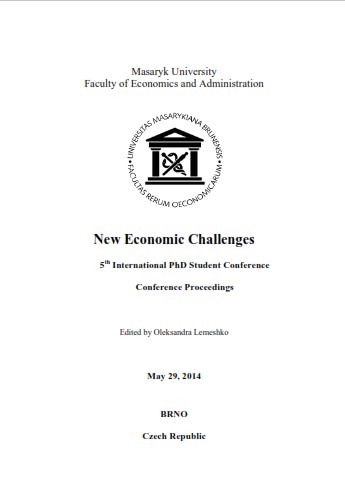Does need for cognitive closure amplify the decoy effect?
Does need for cognitive closure amplify the decoy effect?
Author(s): Michal Ďuriník
Subject(s): Psychology, Business Economy / Management, Socio-Economic Research
Published by: Masarykova univerzita nakladatelství
Keywords: asymmetric dominance; decoy effect; experiment; need for cognitive closure; NFCC;
Summary/Abstract: This paper aims to develop hypotheses on the relationship between people’s Need for Cognitive Closure score and how they perform in decision-making task involving asymmetrically dominated alternative. This paper also proposes an experimental design to verify the hypotheses. When designing a choice set, one can increase the probability of option A being chosen by introducing a decoy - option B, which is similar but inferior to A. This effect is known as Asymmetric Dominance Effect. Although the effect has been investigated in a number of previous studies, the examination of the role of individual differences in decoy performance is missing. This paper focuses on how the different levels of Need for Cognitive Closure (NFCC) in decision makers might result in different decoy performance.
- Page Range: 130-140
- Page Count: 11
- Publication Year: 2014
- Language: English
- Content File-PDF

